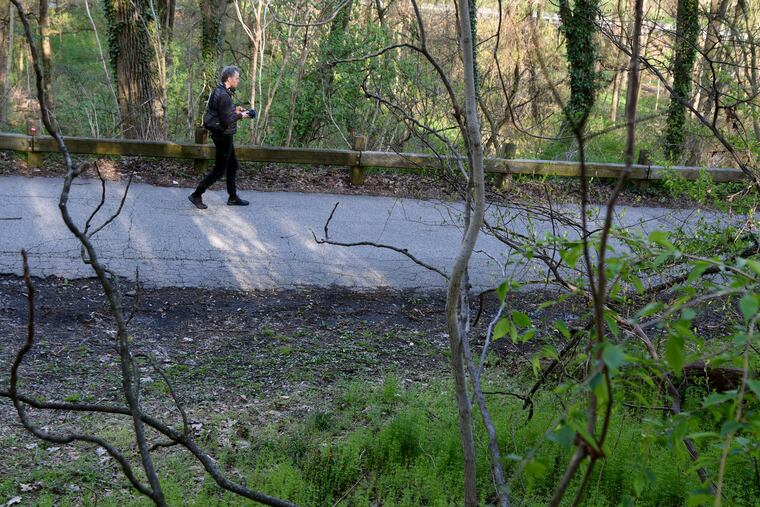Bad timing for Harrisburg’s anti-environment efforts | Editorial
A public health emergency is precisely the wrong occasion to tamper with the recreational opportunities and overall well-being of residents.

As Pennsylvanians seek relief from coronavirus confinement by enjoying the great outdoors — and from the possible silver lining of a possible slowdown in climate change — Republican lawmakers in Harrisburg are targeting programs that enhance parks, cleanse waterways, conserve farms, and improve air quality statewide. A public health emergency is precisely the wrong occasion to tamper with efforts to bolster the recreational opportunities and overall well-being of residents across Pennsylvania. And the tone-deafness of the GOP attempt might seem inexplicable — were it not for the institutional hostility Republican legislators seem to have for even commonsense environmental protections.
Two measures the Pennsylvania House passed in April with overwhelming Republican support could be taken up by the Senate as soon as Wednesday. One bill would delay the implementation of current or future environmental regulations until after Democratic Gov. Tom Wolf lifts coronavirus-related restrictions. This attempt to use the pandemic — which has so far killed more than 3,100 Pennsylvanians — as cover for imperiling environmental protections is troubling.
A plausible theory: The GOP is eager to roll back or hold off regulations because of the collapse in oil prices and other evidence of systemic distress in the fossil fuel industry, an industry championed by state lawmakers which enabled the aggressive expansion of oil and gas drilling in the state. The legislative efforts to freeze spending for a wide range of proven successes, such as the Keystone Recreation, Park and Conservation Fund, the Growing Greener Plus Grants, and six other funds, do echo a 2017 attempt by party members to help balance the state budget on the back of environment-related programs. But the latest scheme could impact everything from an outdoor economy based on hunting and fishing to the condition of the many parks that are already feeling the strain from increased visitations. It has drawn fire from an array of what would seem to be natural Republican constituencies, including grange groups and fishing and hunting enthusiasts.
In a recent letter to Senate members, the 70,000-member Pennsylvania Federation of Sportsmen and Conservationists — representing 11 organizations across the state — said the freeze would harm what it described as a $26.9 billion outdoor economy employing 390,000. Similarly, advocacy organizations such as Penn Environment point out the likelihood that most state and local parks in Pennsylvania benefit from these or other programs the GOP seeks to freeze. In Philadelphia alone, Bartram’s Garden, Sister Cities Park, and the Wissahickon Creek all have been nourished by funds now being eyed for freezes, or worse.
Environmentalists in Pennsylvania are not the only ones concerned about protecting green programs, especially with pandemic-related deficits looming. In New Jersey, the Sierra Club and others worry that Democratic Gov. Phil Murphy may, like his Republican and Democratic predecessors alike, tap into revenue sources such as the Garden State’s $520 million clean energy fund to help balance the budget.
So far in Harrisburg, there have been few if any politicians of either party much inclined to try and balance the state budget by cutting the legislature’s $360 million annual budget, The Inquirer and Spotlight PA reported. Even during a pandemic, some expenditures apparently are still sacred.